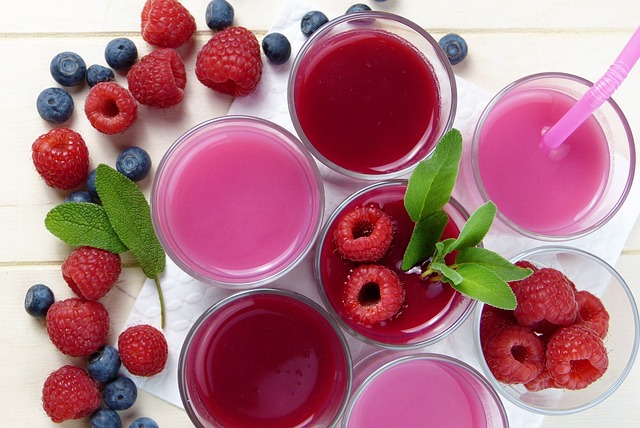Parenthood and Probiotics: Nurturing Your Child’s Healthy Microbiome
By [Your Name]
Date: [Current Date]
The Concept of Microbiome
As a parent, you strive to provide the best care for your child’s wellbeing. You meticulously choose their
food, hygiene products, and play an active role in their overall development. While you focus on their
physical and mental health, have you ever thought about their microbiome?
The microbiome refers to the collection of microorganisms, including bacteria, fungi, viruses, and other
microbes, that reside in and on your child’s body. These tiny organisms play a crucial role in their
overall health and immune system function. As a parent, it’s essential to understand how you can nurture
and support your child’s healthy microbiome, and that’s where probiotics come into the picture.
The Role of Probiotics
Probiotics are live bacteria and yeasts that are beneficial for your child’s microbiome and overall health.
They help maintain a balanced gut flora, the collection of microorganisms in the digestive tract, which
is vital for proper digestion and immune system development in children.
When children receive a healthy dose of probiotics, it not only supports their digestive health but also
helps prevent and treat certain conditions such as diarrhea, constipation, eczema, and respiratory
infections. Additionally, studies have shown that probiotics can contribute to improving mental health
outcomes in children and reducing the risk of developing allergies.
Sources of Probiotics
Now that we understand the importance of probiotics, let’s explore some of the natural sources from which
your child can obtain these beneficial microorganisms:
- Yogurt: Yogurt is a popular and delicious source of probiotics for children. Look for
yogurt brands that contain live active cultures or the label “contains probiotics”. - Kefir: Similar to yogurt, kefir is a fermented milk drink that contains various strains
of probiotic bacteria and yeast. - Sauerkraut: Sauerkraut is made from fermented cabbage and contains a variety of healthy
bacteria. - Miso: Miso, a traditional Japanese seasoning, is made from fermented soybeans, rice, or
barley. It contains several beneficial probiotics. - Kimchi: Kimchi, a traditional Korean side dish made from fermented vegetables, is an
excellent source of probiotics. - Probiotic Supplements: Probiotic supplements specifically formulated for children are
also available. Consult your pediatrician or a healthcare professional before starting any
supplements.
Integrating Probiotics into Your Child’s Routine
Here are some tips for incorporating probiotics into your child’s routine:
- Offer yogurt or kefir as a snack or part of their breakfast.
- Add sauerkraut or kimchi to your child’s meals, such as sandwiches or salads.
- Experiment with recipes that include miso as a flavoring agent.
- Consult with your pediatrician to determine the right probiotic supplement and dosage for your child,
if necessary. - Encourage outdoor activities and plenty of exercise, as physical activity also plays a role in
supporting a diverse microbiome.
Conclusion
Parenthood involves a continuous journey of nurturing and protecting your child’s health. By understanding
the significance of their microbiome and the role probiotics play in maintaining a healthy balance, you
can make informed decisions to support their overall wellbeing. Incorporating probiotic-rich foods and
supplements into their routine, along with a healthy lifestyle, ensures that you are taking an active
step towards building







